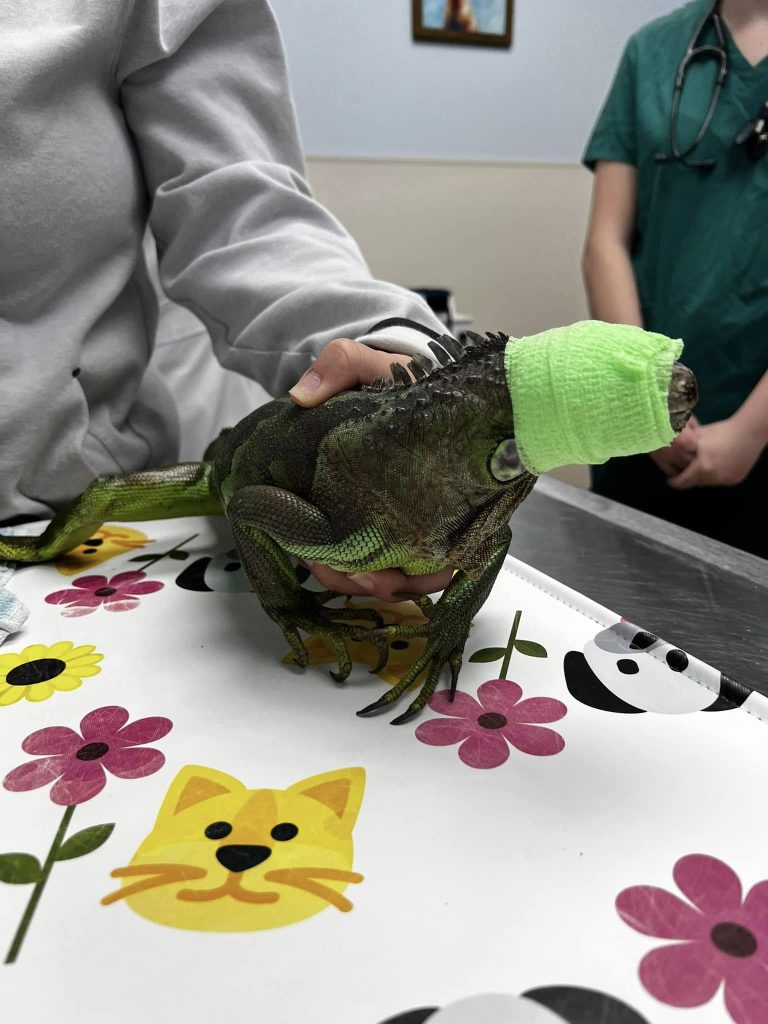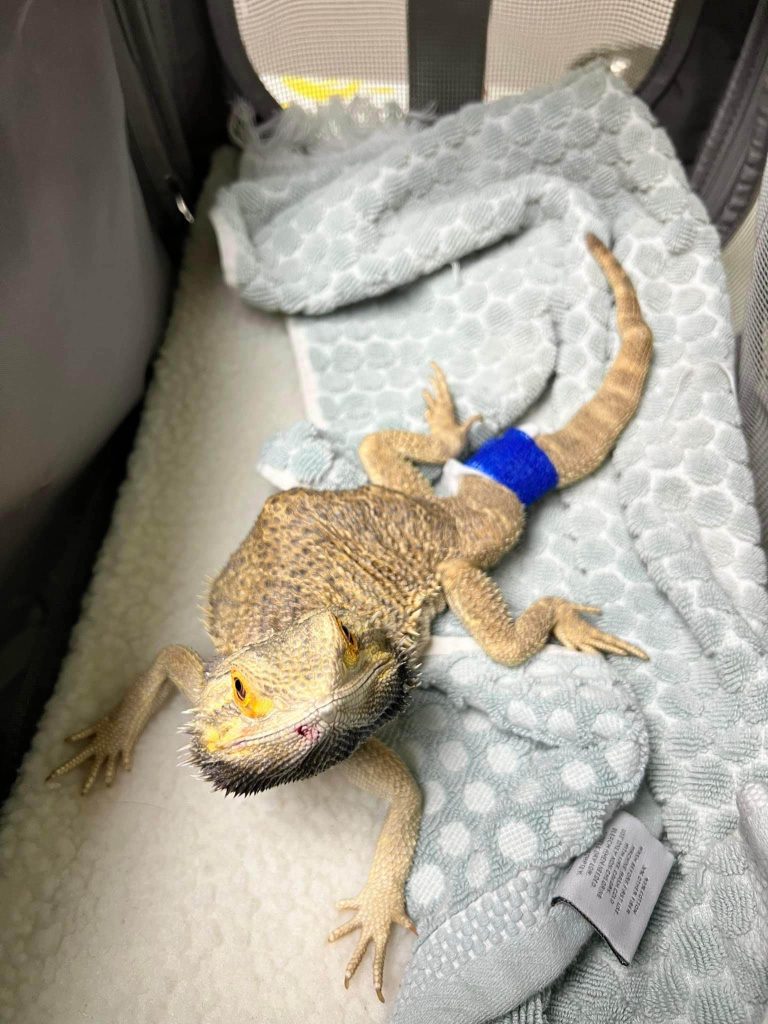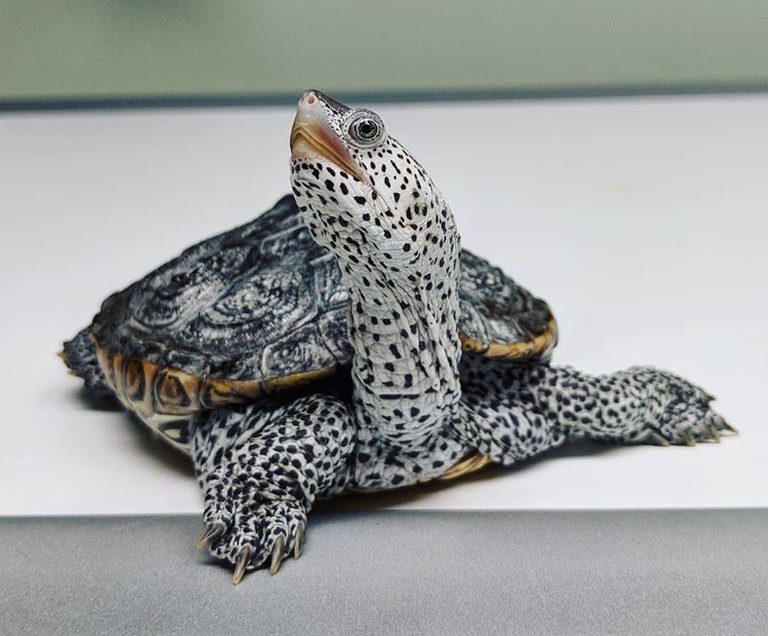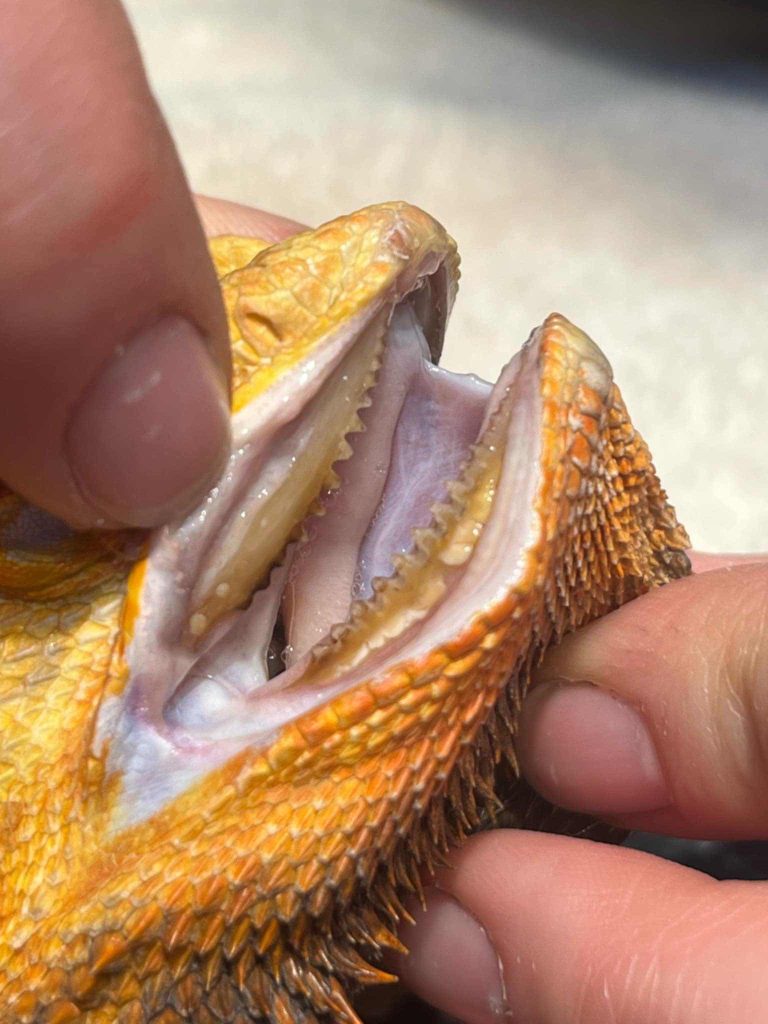Why Full Panel Bloodwork is Essential for Your Pet Reptile’s Health
Reptiles are fascinating, unique creatures—but they’re also experts at hiding signs of illness. In the wild, this survival tactic protects them from predators. In captivity, it can delay diagnosis and treatment, sometimes with serious consequences.
That’s why routine full panel bloodwork is a cornerstone of responsible reptile ownership. In this post, we’ll explore what bloodwork reveals, how often it should be done, and exactly what steps you should take to ensure your pet reptile stays happy and healthy.
🧪 What Is a Full Panel Blood Test?
A full panel blood test for reptiles usually includes two major parts:
- Complete Blood Count (CBC):
This measures red and white blood cells, as well as platelets. It helps identify infections, inflammation, anemia, or signs of immune system stress. - Biochemistry Panel:
This evaluates organ function (especially liver and kidneys), hydration status, electrolyte levels, calcium/phosphorus ratios, and more.
Together, these tests offer a detailed snapshot of your reptile’s internal health—even if they seem fine on the outside.
🐢 Why Bloodwork Matters for Reptiles
1. Catches Illness Early—Before Symptoms Appear
Many common reptile illnesses—like kidney disease, liver dysfunction, and metabolic bone disease—don’t show physical symptoms until they’re advanced. Blood tests can catch these issues early, when treatment is far more effective.
2. Monitors Vital Organ Health
Blood chemistry helps evaluate how well your reptile’s liver, kidneys, and other organs are functioning. Elevated levels of enzymes or uric acid may be the first signs of trouble.
3. Reveals Nutritional and Environmental Imbalances
Calcium and phosphorus levels, in particular, are critical for species like bearded dragons, iguanas, and tortoises. These numbers can reflect issues with diet, UVB exposure, or enclosure setup.
4. Establishes a Baseline for Future Comparison
Healthy bloodwork results create a personal “normal” for your reptile. Future tests can then be compared to this baseline to detect changes more accurately.

Note: The technique shown above applies gentle pressure to the iguana’s face, particularly over the eyes. This stimulates a calming response, helping the iguana relax and making it easier and safer to collect blood samples.
Vet: Kensington Bird and Animal Hospital
✅ What You Should Do Next: A Step-by-Step Guide
Step 1: Find a Reptile-Experienced Veterinarian
Search for a vet who specializes in exotic pets or has extensive experience with reptiles. Use online directories like ARAV.org (Association of Reptilian and Amphibian Veterinarians) to find professionals in your area. Another great resource for a vet directory is https://houseofpancakesrr.com/exotic-vet-directory from our partners at House of Pancakes Reptile Rescue Inc.
📝 Pro tip: Read reviews and ask fellow reptile owners for recommendations local in your area. Make sure your vet is actually EXOTIC certified.
Step 2: Schedule a Wellness Exam
Even if your reptile isn’t sick, an initial checkup is essential. Your vet will assess your reptile’s environment, diet, and overall health—and most likely recommend baseline bloodwork. We recommend getting a wellness exam scheduled annually.
Step 3: Understand the Testing Process
Reptile blood draws require skill and species-specific technique. During your visit:
- The vet will gently restrain your reptile
- Blood is drawn from a vein (such as the tail or jugular, depending on the species)
- The lab tests results and returns them within a few days
📋 Your vet will then explain what the results mean and recommend any changes or treatments if needed.
Step 4: Build a Monitoring Schedule
Routine bloodwork isn’t a one-and-done. Most reptiles benefit from annual testing, though young, senior, or chronically ill pets may need checkups every 6 months.
Track all results and vet visits in a health journal—this makes it easy to spot changes over time.
Step 5: Take Action Based on the Results
If your reptile’s bloodwork is normal: celebrate! You’ve established a healthy baseline.
If the results are off, your vet might recommend:
- Tweaking diet (calcium or vitamin D3 supplements, protein levels, etc.)
- Changing enclosure conditions (e.g., UVB lighting, basking temps)
- Starting medication or supportive care
Early action makes a huge difference in long-term health outcomes.

🌿 Final Thoughts
Getting a full panel blood test for your reptile might seem intimidating—but it’s one of the most important things you can do for their well-being. Preventive care saves money, stress, and most importantly, lives.
📞 Haven’t scheduled blood work yet? Contact a qualified exotic vet today and give your reptile the proactive, informed care they deserve. Need to know who to call? Check out this link of exotic vets in the USA and Canada: https://houseofpancakesrr.com/exotic-vet-directory
🦎 Have questions about reptile health or diagnostics? Drop a comment below or reach out—we’re always happy to help our fellow herp enthusiasts!






